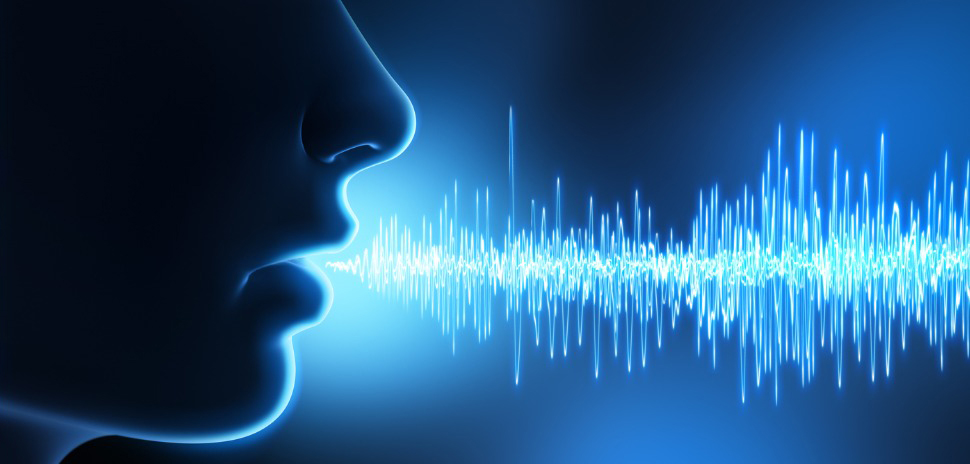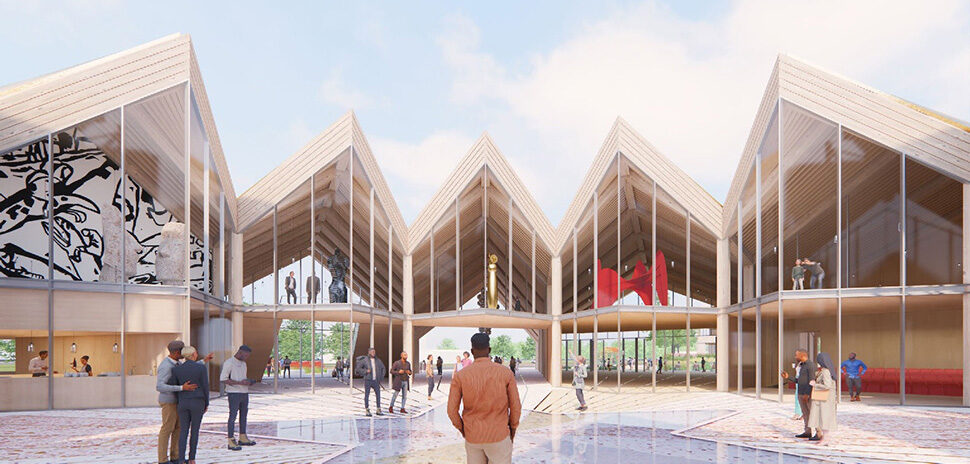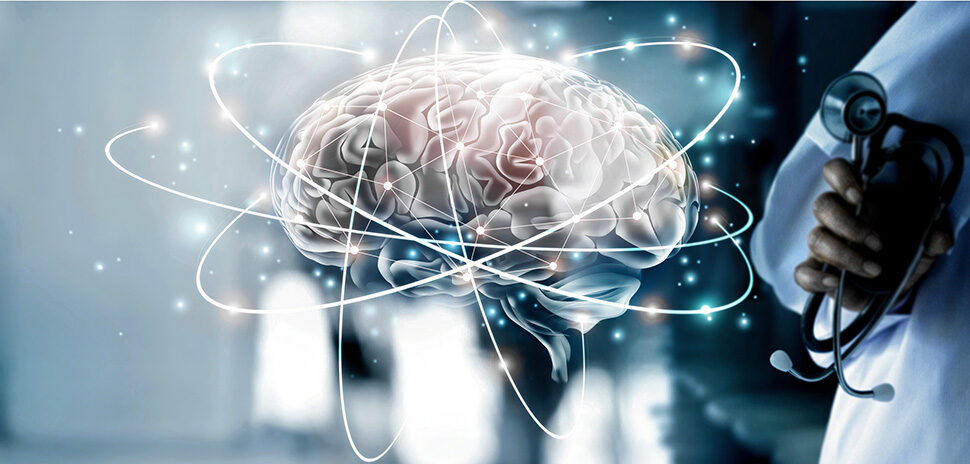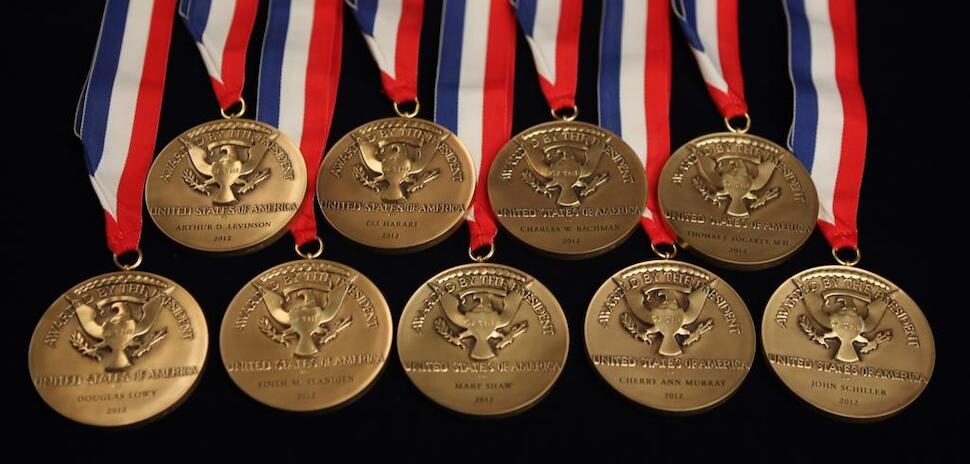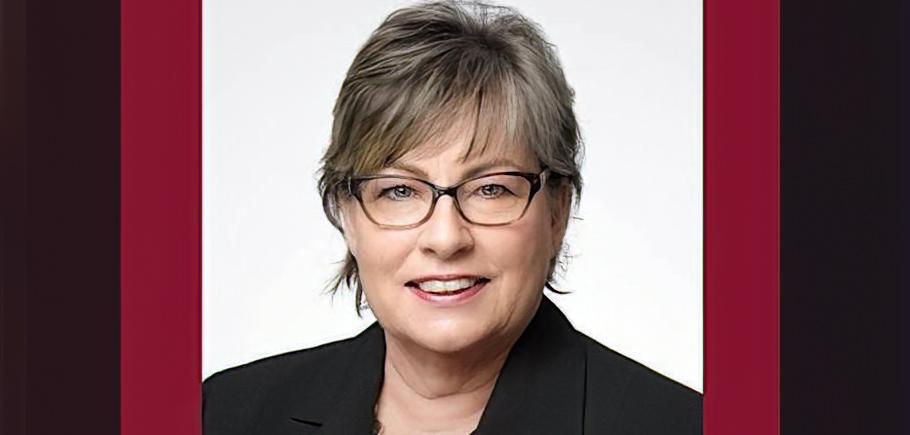Subtle changes in the way people speak could help doctors diagnose cognitive impairment and Alzheimer’s disease—even before symptoms begin to show.
That’s according to a new study led a UT Southwestern researcher, working with a research team at Emory University in Atlanta.
“Our focus was on identifying subtle language and audio changes that are present in the very early stages of Alzheimer’s disease but not easily recognizable by family members or an individual’s primary care physician,” Ihab Hajjar, M.D., professor of neurology at UT Southwestern’s Peter O’Donnell Jr. Brain Institute, said in a statement.
Study used advanced machine learning and NLP tools

Ihab Hajjar M.D. professor of neurology at UT Southwestern’s Peter O’Donnell Jr. Brain Institute [Photo: UTSW]
The team used advanced machine learning and natural language processing (NLP) tools to assess speech patterns in 206 people enrolled in the Emory study. Of those, 114 met the criteria for mild cognitive decline, while 92 were unimpaired. The team then mapped their findings to known biomarkers to determine their efficacy in measuring impairment.
Participants were asked to talk about a work of art
Before testing the study participants’ speech, the team first gave them standard cognitive assessments. Then each participant was asked to record “a spontaneous 1- to 2-minute description of artwork.”
“The recorded descriptions of the picture provided us with an approximation of conversational abilities that we could study via artificial intelligence to determine speech motor control, idea density, grammatical complexity, and other speech features,” Dr. Hajjar said.
Cerebral spinal fluid samples, MRI scans
Going far deeper than merely analyzing voices, the team compared the participants’ speech analytics to their cerebral spinal fluid samples and MRI scans. This was done to determine how accurate the “digital voice biomarkers” were at detecting both mild cognitive impairment and Alzheimer’s disease status and progression.
“Prior to the development of machine learning and NLP, the detailed study of speech patterns in patients was extremely labor intensive and often not successful because the changes in the early stages are frequently undetectable to the human ear,” Hajjar said in the statement.
“This novel method of testing performed well in detecting those with mild cognitive impairment and more specifically in identifying patients with evidence of Alzheimer’s disease—even when it cannot be easily detected using standard cognitive assessments,” he added.
Could save time in detecting Alzheimer’s
Traditional neuropsychological tests usually take several hours to conduct. But during this study, researchers spent under 10 minutes capturing a patient’s voice recording—pointing the way toward a more streamlined and flexible diagnostic solution.
“If confirmed with larger studies, the use of artificial intelligence and machine learning to study vocal recordings could provide primary care providers with an easy-to-perform screening tool for at-risk individuals,” Hajjar said. “Earlier diagnoses would give patients and families more time to plan for the future and give clinicians greater flexibility in recommending promising lifestyle interventions.”
Hajjar led a unit at Emory before joining UTSW in 2022
Hajjar’s work with the Emory research team reflected his own pre-UTSW history. He previously served as director of the clinical trial unit at Emory’s Goizueta Alzheimer’s Disease Research Center before joining UT Southwestern in 2022.
Hajjar is continuing to gather voice recordings in Dallas as part of a UT Southwestern follow-up study that’s being funded with a National Institutes of Health grant.
This study was supported by grants from the National Institutes of Health/National Institute on Aging and the Alzheimer’s Drug Discovery Foundation.
At UT Southwestern, Hajjar holds the Pogue Family Distinguished University Chair in Alzheimer’s Disease Clinical Research and Care, in memory of Maurine and David Weigers McMullan.
The study described in this article was published in the Alzheimer’s Association publication Diagnosis, Assessment & Disease Monitoring.
![]()
Get on the list.
Dallas Innovates, every day.
Sign up to keep your eye on what’s new and next in Dallas-Fort Worth, every day.










